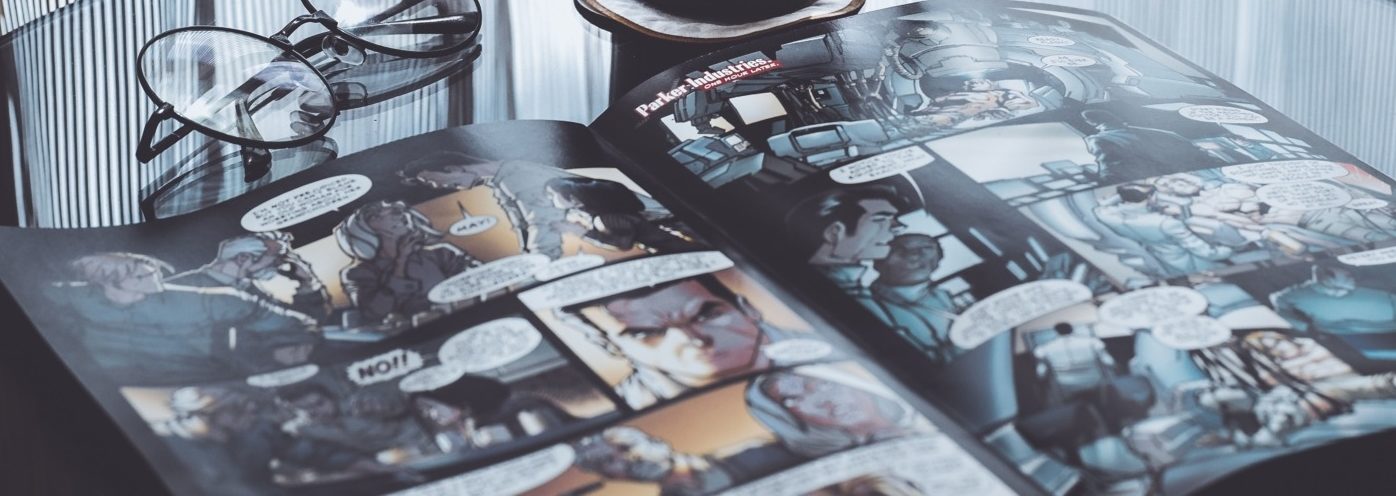A reflection on the influential and beloved work of Stan Lee
I think it’s safe to say that a ray of light has slipped out of the world following the passing of Stan Lee. Not only did his work bring together people from all backgrounds and walks of life, it raised poignant messages about society and acceptance. Lee described Marvel last year in these powerful words: “Marvel has always been and always will be a reflection of the world right outside our window”.
He created an empire which acts both as an escape and a lesson about tolerance and compassion, allowing minorities the representation they continue to lack within the media today. So, let’s take a moment to appreciate some of his most influential works after 78 years in the business.
Black Panther
It’s probably no surprise that Black Panther made this list but I think it’s important to appreciate quite how momentous it is that Lee created such a character. When Lee created Black Panther, it was in a climate where comic books were targeted at white children and the prejudice at the time meant black superheroes were not seen within mainstream media.
The character made a statement about the strength of black Americans and their rights as equal citizens
Black Panther not only allowed black children growing up in the 1980s and 1990s a superhero in Western media they could relate to, but the comic also drew inspiration from civil rights leaders and opened a world of Afrofuturism before the term was even coined. The character made a statement about the strength of black Americans and their rights as equal citizens: they too could be intelligent and world-leading, not just the white superheroes or white men in office.
Spider-Man
It would be wrong not to include Spider-Man in this list, as I believe he holds a special place in many people’s hearts – a nerdy teenage outsider, he speaks to those feelings everyone has of inadequacy, insecurity and loneliness. As teenagers, Spider-Man is the character we all relate to even if we’re not a white boy jumping across buildings and shooting webs out of our hands. Even more so embedded by Lee within this comic is a black mentor to aid Spider-Man and figures such as these are within all of Lee’s creations. This inclusion of minorities may be less noticeable today but it is something that brings together an understanding of quite how aware and proactive Lee was at diversification and the inclusion of minorities within the media.
Daredevil
If you’re sensing a bit of a theme here, that’s probably because there is one. Lee creates for those who might not have a voice of their own and Daredevil is another exceptional example of that. His blindness is not seen as a disability but rather becomes his strength, as he protects the normal, working class community. To this day, I cannot say that I have seen many characters within the media to empower and represent people with disabilities, making Daredevil very much the exception.
The X-Men
Up until now I have only included single characters, but ultimately you can’t break the X-Men up. Together, they make a political statement about the civil rights movements of the time that is still, unfortunately, relevant today. The allegory within X-Men made it hugely impactful but also transcends the civil rights movement to anyone who has ever felt like an outsider or a ‘mutant’ – a recurring theme within Lee’s work.
In the X-Men: The Last Stand (2006) movie, the phrase ‘Have you tried not being a mutant?’ heavily reflects the stigma towards LGBTQ+ rights, proving that this theme continues to develop. Professor X, the moral compass of the X-Men, uses a wheelchair and this is irrelevant to his character; he is judged by the audience through his intelligence and actions.
The whole premise of X-Men directly responds to the way people who are different can be made to feel
Magneto, as the antagonist of the X-Men, is also valuable for discussion today. He faces the same prejudice attitudes as Professor X but rather than search for acceptance, he reacts violently against humanity. These two facets of reactions to injustice are still relevant today and Lee presents the view that despite being treated cruelly, we should all search for tolerance and compassion within our hearts. This is why Magneto is seen as the antagonist and Professor X, the protagonist. The whole premise of X-Men directly responds to the way people who are different can be made to feel; whether that’s through their disability, appearance, beliefs and nothing is more crucial than the message that you are not alone.
And so, to end this reflection on Lee’s impactful work, I think it is Seth Rogan’s tweet that best sums it all up for us – “Thank you Stan Lee for making people who feel different realise they are special.”

Comments
Comments are closed here.